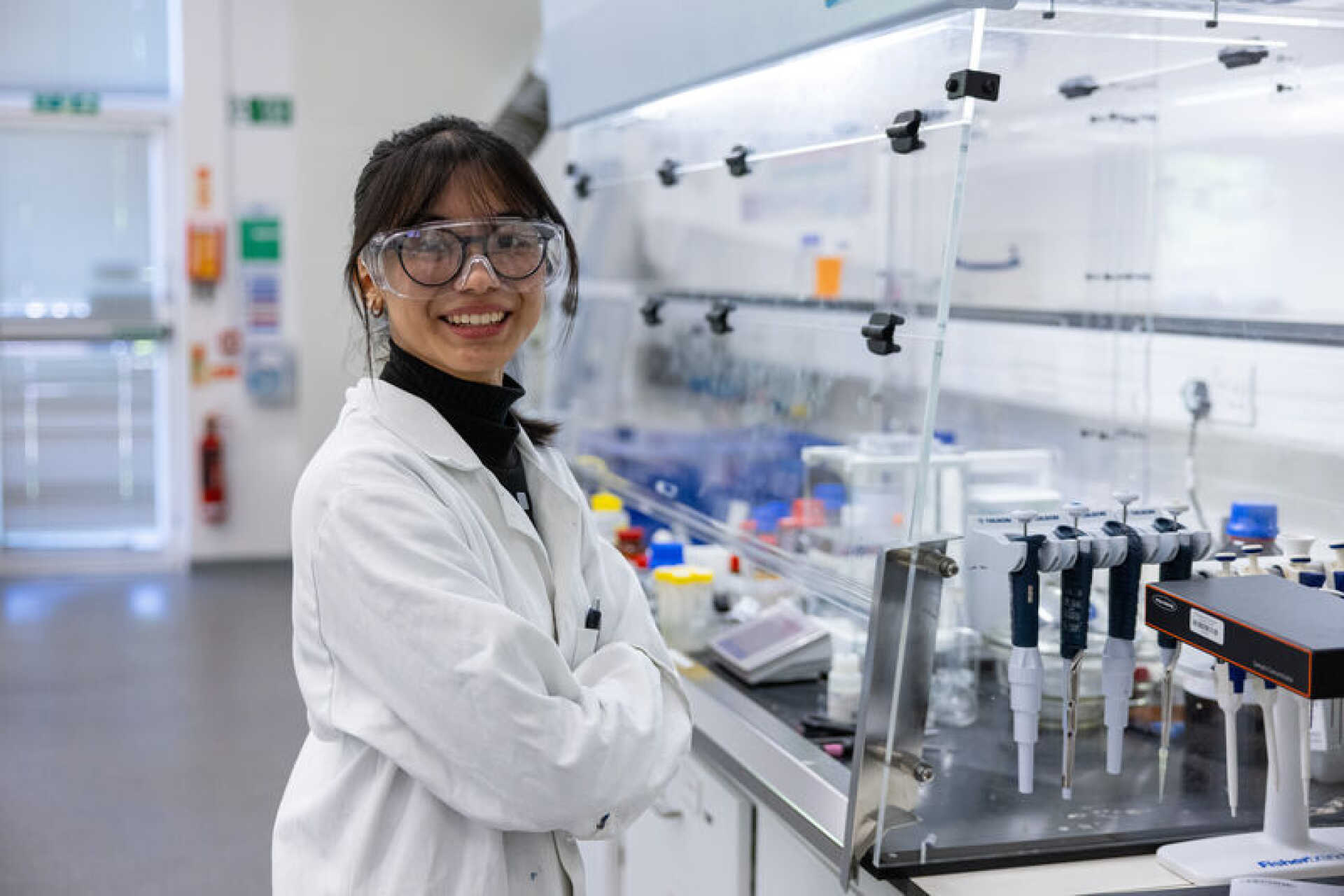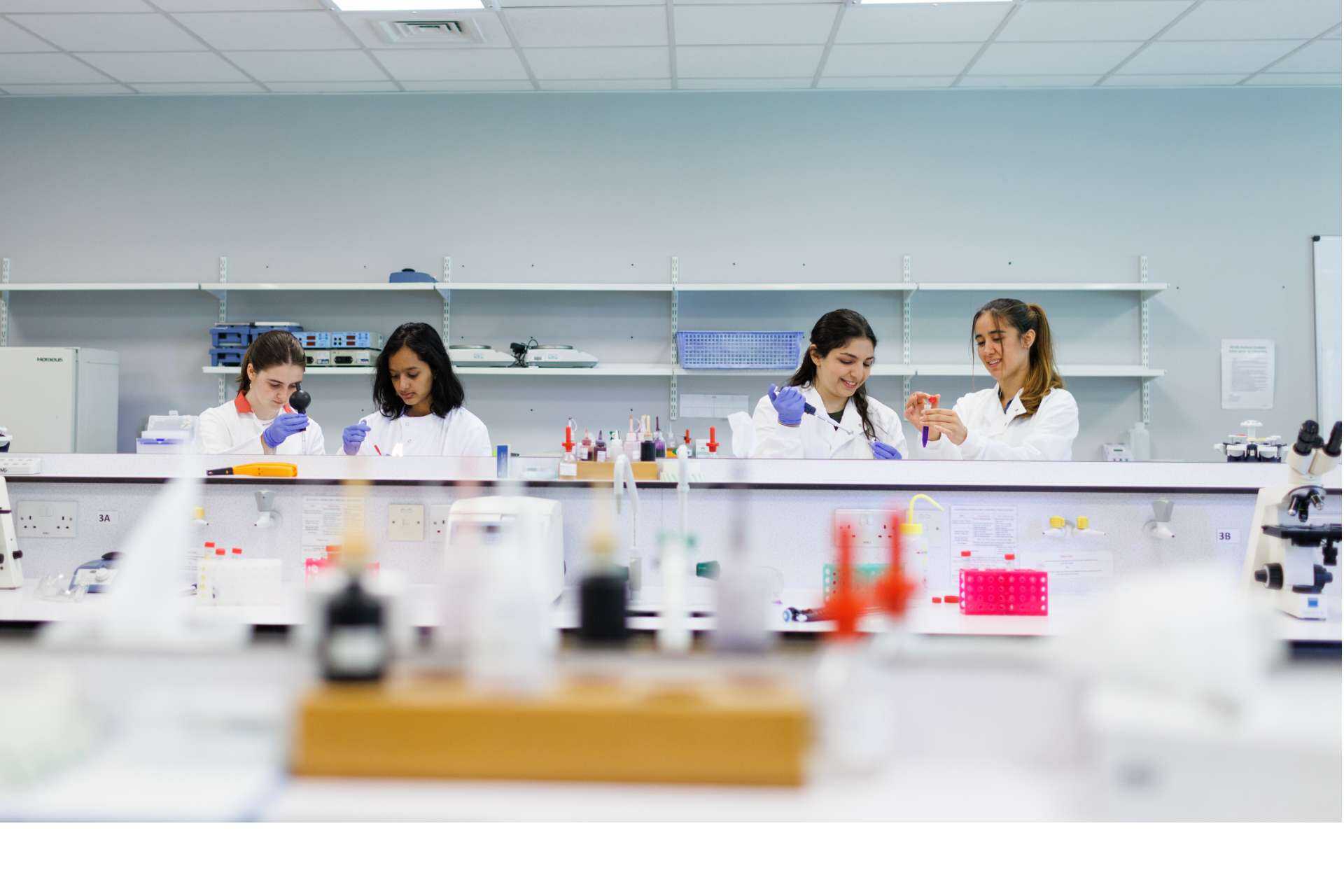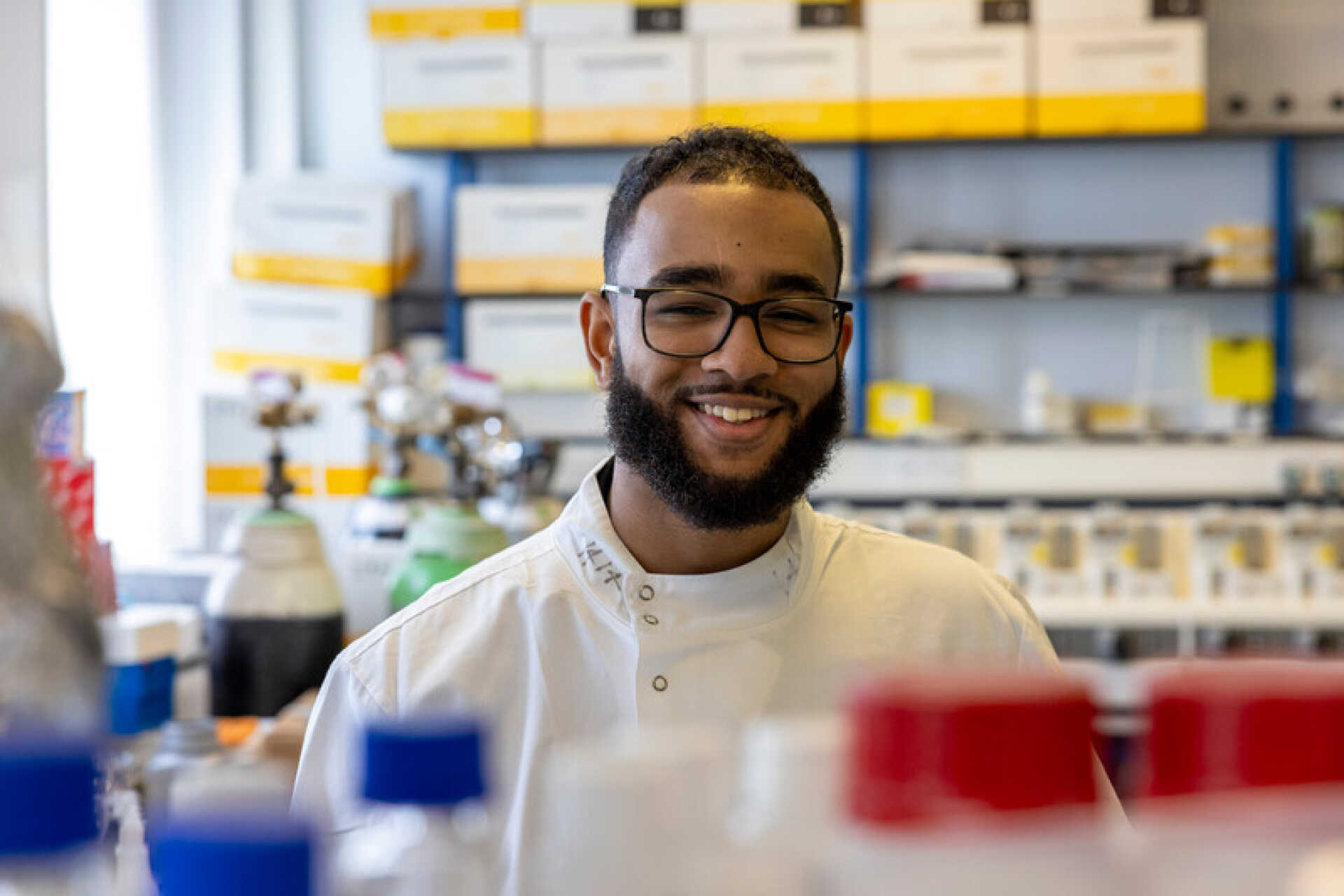What can I do with a degree in Biology?

A Biology degree from Kent offers a comprehensive education - from Molecular and Cellular Biology to Ecology and Conservation. Supported by lab and field-based learning, flexible module choices, and engagement with global challenges, the programme builds strong analytical, practical, and critical-thinking skills. Get ideas and inspiration here before booking a one-to-one appointment with a Careers Adviser.
Careers in Biology
Graduates find roles across diverse sectors using lab techniques, data analysis, fieldwork, and problem-solving:
Ecologist/Conservation Biologist- Field surveys, environmental impact assessment, biodiversity management.
Microbiologist- Research in genetics, developmental biology, disease or the environment focusing on the biology of microorganisms at both the molecular and cellular level, as well as their ecology, including viruses, bacteria, archaea, fungi, algae and protozoa.
Environmental Consultant- Advise on sustainability, surveying, regulatory compliance.
Biomedical Scientist- Perform laboratory tests on patient samples to aid diagnosis and treatment (requires HCPC registration).
Clinical Scientist (NHS) - Work in specialist areas like haematology, microbiology, or immunology via the Scientist Training Programme (STP).
Medical laboratory assistant Laboratory technician-Support medical research or clinical trials in universities, hospitals, or biotech firms.
Research scientist- Plan and conduct experiments to advance medical knowledge.
Bioinformatics Scientist Analyse biological data to support research and development.
Alternative career paths
Science writer/Science Communication-Explain complex scientific content tailored for public, medical, or regulatory audiences.
Regulatory Affairs Officer- Ensure pharmaceutical and medical products comply with regulations.
Public Health Analyst- Use biomedical knowledge to inform health policy or epidemiological studies.
Medical Sales- Scientific product representatives for lab equipment and assays.
Community Education Officer- Predominantly related to secondary science or STEM education, increasing widening participation and access for disadvantaged communities.
Secondary School Teacher/Lecturer- Teaching science to students age 11-18 or at university and preparing them for their future.
Where do University of Kent graduates work?
This is a selection of organisations that have employed University of Kent graduates in the past. There are many more possible employers in these and other industries.
- Research & Pharma: GSK, AstraZeneca, NHS labs
- Conservation & Ecology: Environment agencies, National Trust, conservation NGOs
- Clinical & Health: NHS laboratories, health services, diagnostic firms
- Education & Communication: Schools, outreach organisations, science centres
- Policy & Consultancy: Government bodies like DEFRA, environmental consultancies
- Biotech & Start-ups: Data-driven biology, ecological tech entrepreneurship

Find a job
The Careers and Employability Service provides information and advice on job searching to University of Kent students and recent graduates. This includes Uni Kent Careers Hub, advertising a range of graduate jobs, placement year and vacation work/internships.
Useful resources
University of Kent Biology course Page
Durrell Institute of Conservation & Ecology
Health Careers Biomedical Science
Prospects Biology
Tips to stand out
- Highlight research projects: Final-year projects or practical lab modules demonstrate strong skills that future employers will value. Add these to your CV.
- Gain experience: Summer internships, fieldwork or volunteering boost employability.
- Develop technical skills: Familiarity with R, Python, GIS, and modern lab equipment is valuable and becoming more sought after.
- Science communication: Present findings, write articles, engage with public outreach.
- Join professional societies: Connect to RSB, Biochemical Society or Geological Society for networking opportunities, commercial awareness and credibility.
- Network with alumni and mentors: Use LinkedIn and Kent’s Career Mentoring scheme to build connections with alumni and professionals and attend university events to gain insights into your target roles and industries.
- Engage in extracurricular activities: Participate in societies such as BioSoc, UKC Conservation Society and UKC Forensic Science Society. Take on a role or just be part of the group and engage in sessions delivered by visiting speakers.

Year in industry
A year in industry can have a big impact on your employability. By gaining real-world experience and learning key skills in the workplace, and pairing these with the knowledge you gain on your degree, you can become a highly employable candidate in the labour market. The year can be based in the UK or abroad, including your home country if you're an international student, and contribute to your final degree. At The University of Kent, many courses include an optional year in industry between your second and final year, where you undertake graduate-level work related to your studies.
Further study
Postgraduate and career-enhancement routes include:
- MSc/MRes: Ecology, Wildlife Conservation (via DICE), Molecular Biology, Bioinformatics
- PhD: For research-focused careers in universities or institutes
- HCPC Clinical Scientist Training: via relevant MSc programmes
- PGCE: For secondary teaching
- Science Policy / Environmental Management: Government or NGO roles